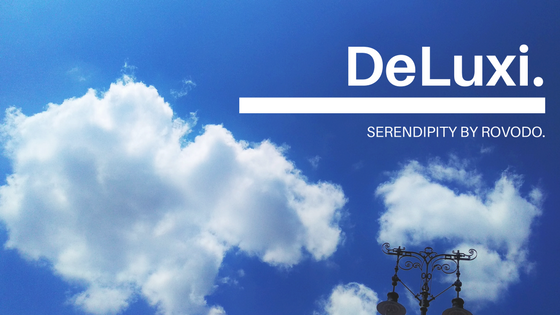 |
| Image via Pixabay. Unfiltered. |
Going
through a mid-life crisis when you are 37 is uncommon in modern day and age,
but I am. Hence not writing anything here for the entire month of February.
I struggle
to find spots of balance, so I turned to my usual: research. No place better
than the book near my bed. I am not the first one to write about Hume helping someone
out of a midlife crisis, and I probably
won’t be the last. What resonates is not that we have both walked the streets
of Edinburgh, albeit two centuries apart, but that feeling that he was going
through the same. Written when he was 27 (basically
at his mid-life), A Treatise of
Human Nature asks questions about what and who we are, what makes and
breaks us. Issues of identity, utility, and
meaning have been to the forefront of my mind for the past months, ever more present
and overwhelming to some extent. But Hume comes and says
“I may venture to affirm of the rest of mankind, that they are nothing but a bundle or collection of different perceptions, which succeed each other with an inconceivable rapidity, and are in a perpetual flux and movement.”
He talks
about reflection and the fact that we are not at any moment away from our
perceptions. We filter reality through biases and lenses. We are a plethora of
Instagram worthy images we build inside
ourselves, often skewed by the Lo-Fi or the
Kelvin or the Valencia of hurts and
joys.
Is this
sudden awareness of the passing of time more rapidly, of lack of impact, of loss of utility and meaning as a person the
reality or just the Maven filter of a distorted perception? The Maven is the
one that darkens the shadows and increases the gloom. But even the Maven
enhances the right image, it fits with derelict buildings and empty branches.
So perhaps this filter of sadness just supports the embrace of unexpected
beauty in things that are useless and just take out space that could be used more efficiently… Hume answers this one as well:
“Beauty is no quality in things themselves: It exists merely in the mind which contemplates them, and each mind perceives a different beauty.”
Perception again. Biases. Lenses. Filters we apply to ourselves
and to others. I am testing a different filter
now: empathy. There is this book that brings the
latest thoughts in my soul to page, because it talks about clinging to banality
while thirsting for significant barometers, it deals with pain translated via
metaphors to communicate, it brings the need of an effort to travel to the pain
of oneself and to the pain of other like to a new country, expecting disaster,
but also encountering beauty. The
Empathy Exams.
Do I fail these exams now? Probably. Not about others. Jamison says that empathy is
listening. I still listen, I
still inquire,
I still
let myself be immersed in the metaphor of other people. But somewhere along the way, I lost the metaphor of me. Viewed through the lens of Hume, I perceive external elements, but the internal
is empty and numb. This is perception as
well. I perceive
that I do not perceive anything there. I am
inquiring, so I gather this is the first
step of the effort that Leslie Jamison talks about in the next quote. I just need to find the energy and the
curiosity to take the following steps as
well…
“Empathy isn't just something that happens to us - a meteor shower of synapses firing across the brain - it's also a choice we make: to pay attention, to extend ourselves. It's made of exertion, that dowdier cousin of impulse. Sometimes we care for another because we know we should, or because it's asked for, but this doesn't make our caring hollow. This confession of effort chafes against the notion that empathy should always rise unbidden, that genuine means the same thing as unwilled, that intentionality is the enemy of love. But I believe in intention and I believe in work. I believe in waking up in the middle of the night and packing our bags and leaving our worst selves for our better ones.”
